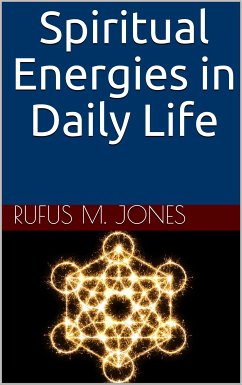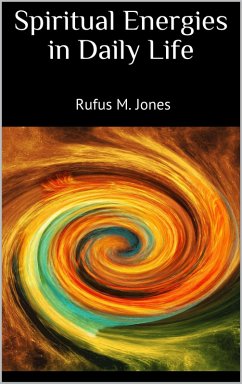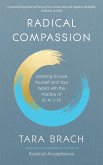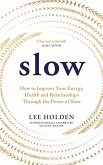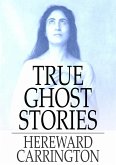This is a classic on the Spirit in a Christian's life, by Dr. Rufus M. Jones, who was professor of philosophy at Haverford College and author of such acclaimed works as "Studies in Mystical Religions" "The Inner Life" and "The World Within". Dr. Jones wrote this book in 1922 and revised it in 1949.
His chapter herein called "The Near and the Far" is one of the best discussions of God's imminence and transcendence to be found anywhere. Dr. Jones also likens the growth in faith as the growth of a shell, and says, "Nothing is more common than to see a person holding on to a shell in which truth has dwelt, without realizing that the precious thing he wants has gone on and reembodied itself in new and living ways which he fails to follow and comprehend." (page 129).
Rufus Matthew Jones Litt was an American Writer, philosopher, college professor, and editor. In addition, he is widely considered to be one of the most influential Quakers of the twentieth century. As a part of the Quaker community he acted as a historian and a philosopher as well as a theologian. His book entitled Spiritual Energies in Daily Life discusses Litt's theological thoughts and beliefs about religion in a poignant and well-developed fashion.
His chapter herein called "The Near and the Far" is one of the best discussions of God's imminence and transcendence to be found anywhere. Dr. Jones also likens the growth in faith as the growth of a shell, and says, "Nothing is more common than to see a person holding on to a shell in which truth has dwelt, without realizing that the precious thing he wants has gone on and reembodied itself in new and living ways which he fails to follow and comprehend." (page 129).
Rufus Matthew Jones Litt was an American Writer, philosopher, college professor, and editor. In addition, he is widely considered to be one of the most influential Quakers of the twentieth century. As a part of the Quaker community he acted as a historian and a philosopher as well as a theologian. His book entitled Spiritual Energies in Daily Life discusses Litt's theological thoughts and beliefs about religion in a poignant and well-developed fashion.

